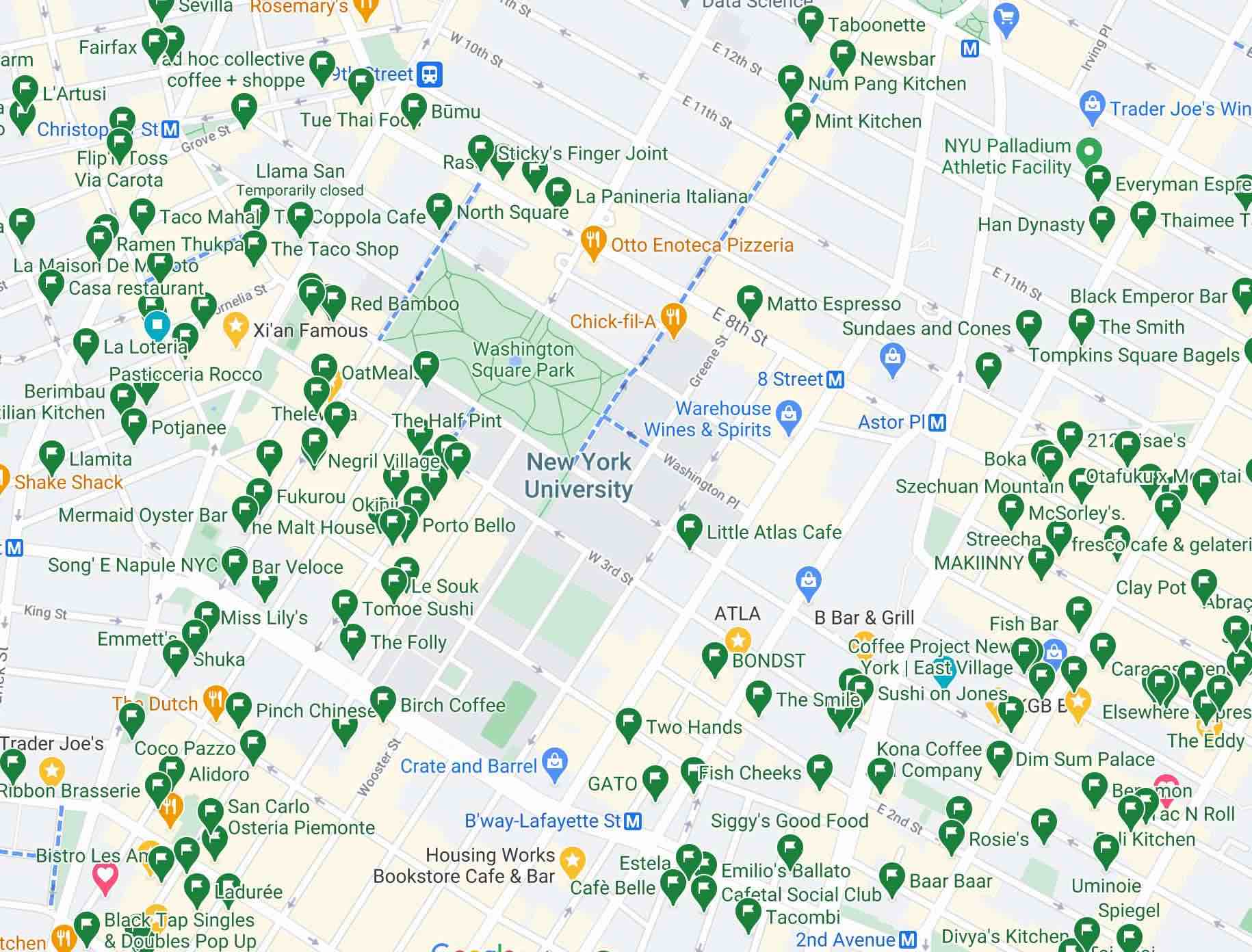I’m rebuilding this site using distill. It might take some time but links to old posts and lecture notes will eventually work again. If something is missing feel free to contact me about it.
I’m also relocating to start a position in the Statistics Department at the London School of Economics. I’ll be teaching an undergraduate course on machine learning for statistics majors, and will post some of the materials in the teaching section here.
A lot of things happened in 2020 and changed my thinking in certain ways. Imagining counterfactual responses and trajectories of the coronavirus pandemic is illuminating. From the beginning, and even now after almost a year, many countries have failed almost completely at learning from the experiences of others. There are deep structural, institutional, and behavioral obstacles to coordinated intentional action, which become worse the longer capitalism has dominated a given society. Thinking of economies as a distributed artificial intelligence, capitalism is a kind of overfitting- maximizing the wealth and power of one small class of people at the expense of every other possible fitness metric. We’ve seen myriad negative consequences of that this year in a kind of speed-run preview of what will likely become much worse over the course of climate change.
I read a few books this year that influenced my thinking a lot.
This Life by Martin Hägglund resonated with vague but deeply held feelings I’ve had as long as I can remember, and gives a coherent way to think explicitly about them. My own short version: the fact of inevitable death reminds us that time is precious, but if we look around it seems most of us are “wasting” a lot of our time or “spending” it in ways we would rather not, which is a great tragedy and maybe the most important moral problem facing humanity. Hägglund argues convincingly to define democratic socialism as nothing less than a revolution in values which is required for humanity to be meaningfully free.
The Secret of Our Success by Joseph Henrich was my first in-depth exposure to academic research about (cumulative) cultural evolution. The book is focused on the particular ways that humans are different from other animals. I’m obsessed with cumulative cultural evolution now, even if I did disagree with the book in some points (mainly where it seems to take evolutionary psychology seriously for some reason). I’m somewhat convinced now that “over-imitation” is our One Weird Trick for building civilization, a useful lens through which to approach learning (and, therefore, anything that can be learned), and (despite this paper) closely related to another useful concept called “causal opacity.”
Leaving New York was not easy. I’m gonna miss it. There are so many places I need to visit again when I get chance. With vaccines rolling out now, hopefully it won’t be long until we’re all visiting each other much more often again.
